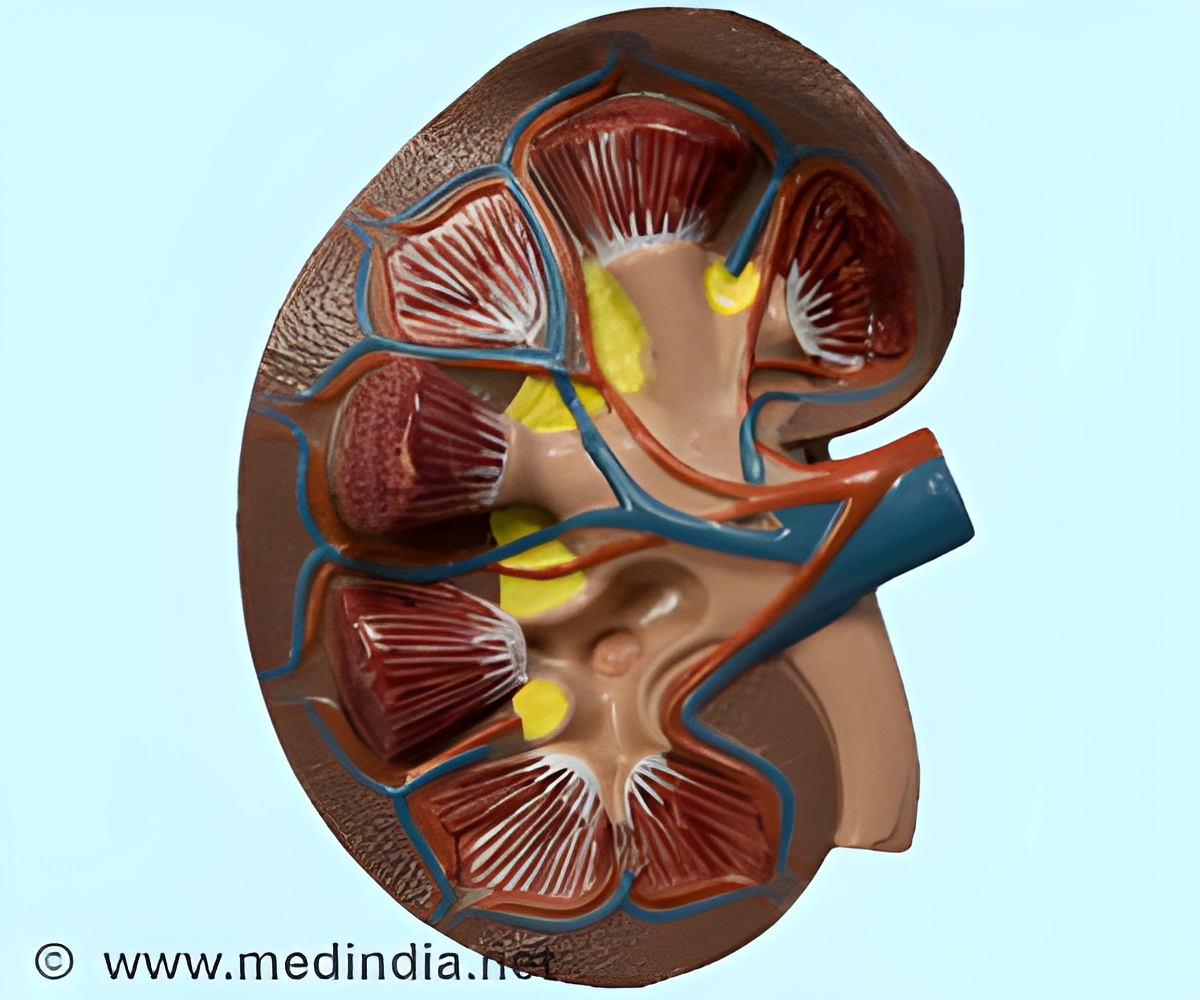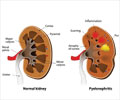Research provides insight into the link between kidney failure and cognitive impairment.

- Kidney damage was linked with worse performance on tests of global cognitive function, executive function, memory and attention.
- Kidney damage may also be linked with structural abnormalities in the brain.
Kidney failure-
Kidney failure is also called end stage renal disease (ESRD). It is the last stage of chronic kidney disease.
When the kidney functions continue to get worse over time, it is chronic kidney disease.The causes of chronic kidney disease includes diabetes, blood pressure, autoimmune conditions, genetic disorders or urinary tract problems.
When the kidneys stop functioning suddenly, it is acute renal failure. Its common causes are heart attack, drug abuse, block in blood flow to kidneys or urinary tract disorders.
Facts-
Though women are more likely to suffer from CKD, men have 50% greater chances of the developing end stage renal disease.
Compared to whites, the risk for kidney failure among Asians are 4.1 times higher.
Diabetes accounts for 44% of all new kidney failure cases and high blood pressure causes 28.4% of all new cases of kidney failure.
Study-
For the analysis, Daniel Weiner, MD, FASN (Tufts Medical Center) and his colleagues gathered information from the Systolic Blood Pressure INTervention (SPRINT) cognition substudy, SPRINT-MIND.
Among 9361 participants, 2800 were administered an expanded cognitive battery at the start of the study and 2707 had complete data; 637 also had brain imaging.
Predictors of poor kidney function
- Higher albumin in urine
- Lower rate of glomeruli filtration
Each doubling of the amount of albumin in the urine was akin to the effect of 6 to 14 months of aging in these cognitive domains.
Lower estimated glomerular filtration rate, another indicator of poor kidney function, was linked with worse performance on tests of global cognitive function and memory.
In the subset of participants with brain imaging, higher albumin in the urine was associated with abnormal white matter regions in the brain.
"This manifests with worse brain function, particularly in domains linked to cerebrovascular disease. The fact that this comes from baseline data in the SPRINT trial suggests that these findings are likely relevant to tens of millions of US adults.," said Dr. Weiner.
The findings cement the association between kidney damage and cognitive functioning, suggesting that albumin in the urine and changes in brain structure are likely both representations of the same vascular process, just in different organs.
References
- Kidney failure/ESRD - (http://www.kidneyfund.org/kidney-disease/kidney-failure/?referrer=https://www.google.co.in/)
- 2015 Kidney Disease Statistics - (http://www.kidneyfund.org/assets/pdf/kidney-disease-statistics.pdf)















